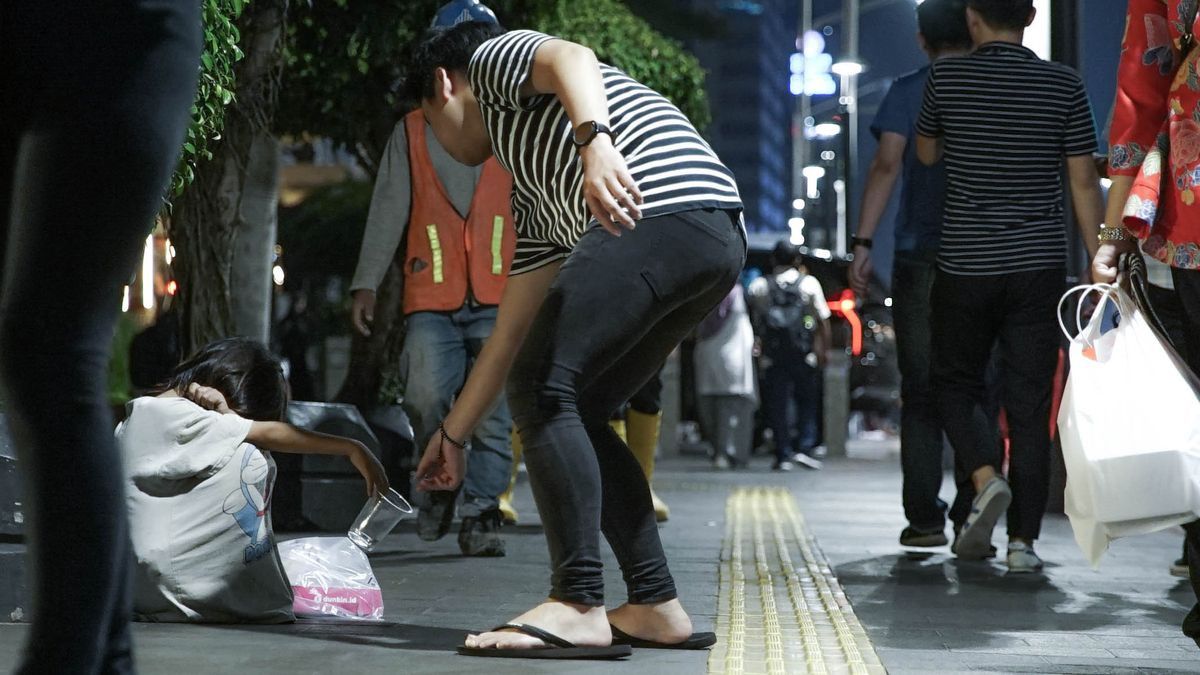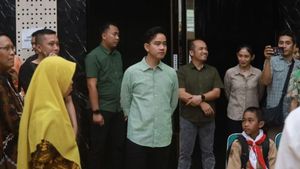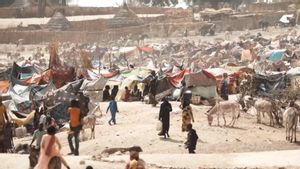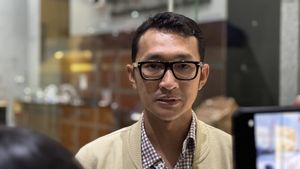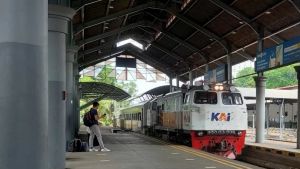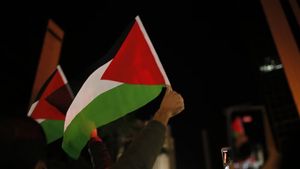JAKARTA - The central government has started distributing the President's social assistance (Bansos) for residents affected by the COVID-19 pandemic. This social assistance program has targeted residents of DKI Jakarta and its surroundings.
The Coordinating Minister for Human Development and Culture (Menko PMK) Muhadjir Effendi said that the 300 thousand social assistance is prioritized for residents who have not registered in the Integrated Social Health Data (DTKS).
This was done, because the government assessed that these people were prone to falling into poverty. So it must get attention through this social assistance. With this assistance, it is hoped that they can support their lives.
"Those outside the DTKS are groups that must get attention. Especially those who were not poor before, suddenly become poor. So that their chances of receiving assistance are small," Muhadjir said as quoted from his written statement on Saturday, May 2.
The data on the recipients, he said, were collected by the RT and RW. So, we can be sure they have not received regular assistance such as the Family Hope Program, the Basic Food Program, and provincial government assistance.
"(For the people who are listed in, red) most of the DTKS have received regular assistance from the government," he said.
As for the COVID-19 outbreak, the people of Jakarta and its surroundings not only received assistance from the provincial government. This is because, to help the affected communities, the President also provided assistance in the form of basic necessities, which are distributed once every two weeks with a value of Rp. 300 thousand per food package.
As of April 30, data from the Ministry of Social Affairs recorded that 374,736 families had received social assistance from the President.
Meanwhile, with regard to social assistance from the provincial government, DKI Jakarta Governor Anies Baswedan stated that the first phase of assistance for people affected by COVID-19 had been completed.
In its implementation, Anies said, there were 1.6 percent of social assistance that were mis-targeted from a total of 1.2 million beneficiary families.
"There are shortcomings here and there which then become materials for us to improve. Yesterday, 1.6 percent of the distribution went to unauthorized people," Anies said in his press conference at the City Hall of DKI Jakarta, Friday, May 1.
According to him, the distribution error occurred because of an error recording the address so that social assistance was actually received by those who could afford it and had even passed away.
"The distribution that reaches unauthorized people is then returned. Some have the wrong address, some are capable, some have passed away," he explained.
However, he said, the 1.6 percent figure of mis-targeted aid should not be a problem. This is because Anies claims that his party has succeeded in distributing 98.4 percent of aid to those in need.
"98.4 percent is well distributed in a fairly short time, to the right family," he concluded.
The English, Chinese, Japanese, Arabic, and French versions are automatically generated by the AI. So there may still be inaccuracies in translating, please always see Indonesian as our main language. (system supported by DigitalSiber.id)
